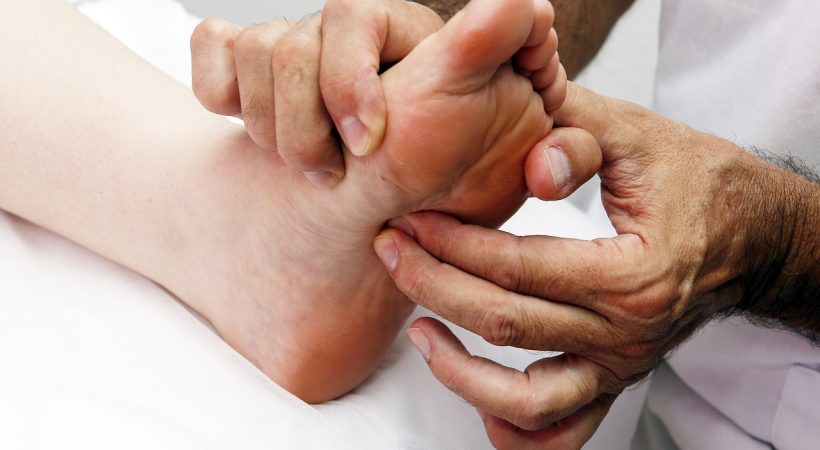Correct kidney failure as early as possible

Unhealthy food and lifestyle are the reasons for a rise in the number of Kidney diseases and transplants these days. One cannot easily detect a kidney disease in the early stage but can understand it as the disease progresses. At the same time, the symptoms shown need not necessarily be of kidney diseases alone. Hence, it is good to consult the doctor and confirm. If it is yes , start treatment immediately.
Some of the symptoms of kidney diseases
∙ Swelling on the face, leg and stomach.
∙ Swelling around the eyes after waking up in the morning
∙ Paleness or anaemic nature
∙ Tired feeling for a long time
∙ Panting due to low levels of hemoglobin in the blood
∙ Loss of appetite
∙ Loss of taste
∙ Pain in the lower part of the back bone
∙ Feeling of grip on the limps
∙ Body scratching
∙ Decrease in the volume of urine discharged
∙ Frequent urination
∙ Frequent urination in the night
∙ Blood or pus in the urine
These are some of the symptoms for kidney diseases. If ignored for a long time, this can lead to a state in which the kidney will have to be transplanted as medicines may no longer be effective. It is understood that of late, there are a lot of innovations and developments in the field of kidney transplant and treatment of kidney diseases so there is no need to worry over these issues. Also, complications arising after-treatment are very low these days.
How to prepare before a kidney transplant:-
∙ Kidney transplant is done only in cases where there is 90% damage to both the kidneys.
∙ The person donating the kidney should be a healthy relative or a brain dead person.
∙ The laws regarding this transplant should be adhered to so that no one involved in the process gets cheated.
∙ Other factors considered for transplanting kidney are the age and health of the patient.
Benefits:-
∙ The main benefits are a complete cure from the disease and a better quality of life.
∙ Since dialysis is not involved, the patient will not have physical pain and there won’t be any time loss.
∙ After the transplant, the patient’s lifespan is bound to increase.
Who can donate?
Kidney can be received from anyone related to the patient like father, mother, children, siblings, and any blood relative of the patient. Also, it can be got from husband or wife or any intimate friends. Also, kidney of a brain dead person can be used only after permission from their relatives. The approximate age of the donors should be between 21 and 60 years.
To whom all can it be donated?
Kidney can be received from a person who is healthy and has both the kidneys. This person should have normal blood pressure and should not have diabetes. Such a person’s blood group and tissue type should match with the receiver. Donating a kidney will not mean that the person will suffer from any physical difficulties. Also, a kidney transplant is not likely to affect the sexual, athletic and child bearing activities and life of the donor.
How is it transplanted?
After a proper match is made between the donor and recipient, the mental state, financial stability, social environment of the donor will be evaluated. They will also be given the necessary counseling and will also be educated about the kidney transplant procedures. In case the donor is alive, both the surgeries will take place simultaneously. The surgery will progress in the presence of a whole team including kidney specialist, urologist, pathologist, anaesthesiologist and nurses. The approximate time for this surgery is anywhere between 3 to 5 hours. This may get extended in case of emergencies. If the kidney is transplanted from a person who is living then the kidney will start function soon after the surgery itself. But, in case it is got from a brain-dead person, then the kidney will start functioning only after a few days. In such cases, the person on whom the kidney is transplanted will have to undergo dialysis until the kidney starts functioning.
Things to keep in mind after the transplant
∙ Never stop the use of the medicines that are prescribed by the doctor.
∙ To avoid all kinds of infections, medicines prescribed by the doctor should be had at the right time and in the right manner.
∙ Always keep a stock of the medicines and it should never get exhausted.
∙Blood pressure, urine volume, body weight and blood sugar should be recorded in a timely manner.
∙In case the recipient has to consult another doctor, they should be dutifully informed in the beginning itself regarding the kidney transplant surgery that took place.
∙ Drink plenty of water and be cautious about food intake.
∙ Reduce the excess use of salt and oil in the food.
∙ Exercise regularly and make this a habit.
∙ Avoid smoking and having alcohol.
∙ To avoid infection, keep away from crowded places like the theaters and remember to wash your hands properly with soap before having food or taking medicines.
∙ Use a mask for the first three months after the surgery.















